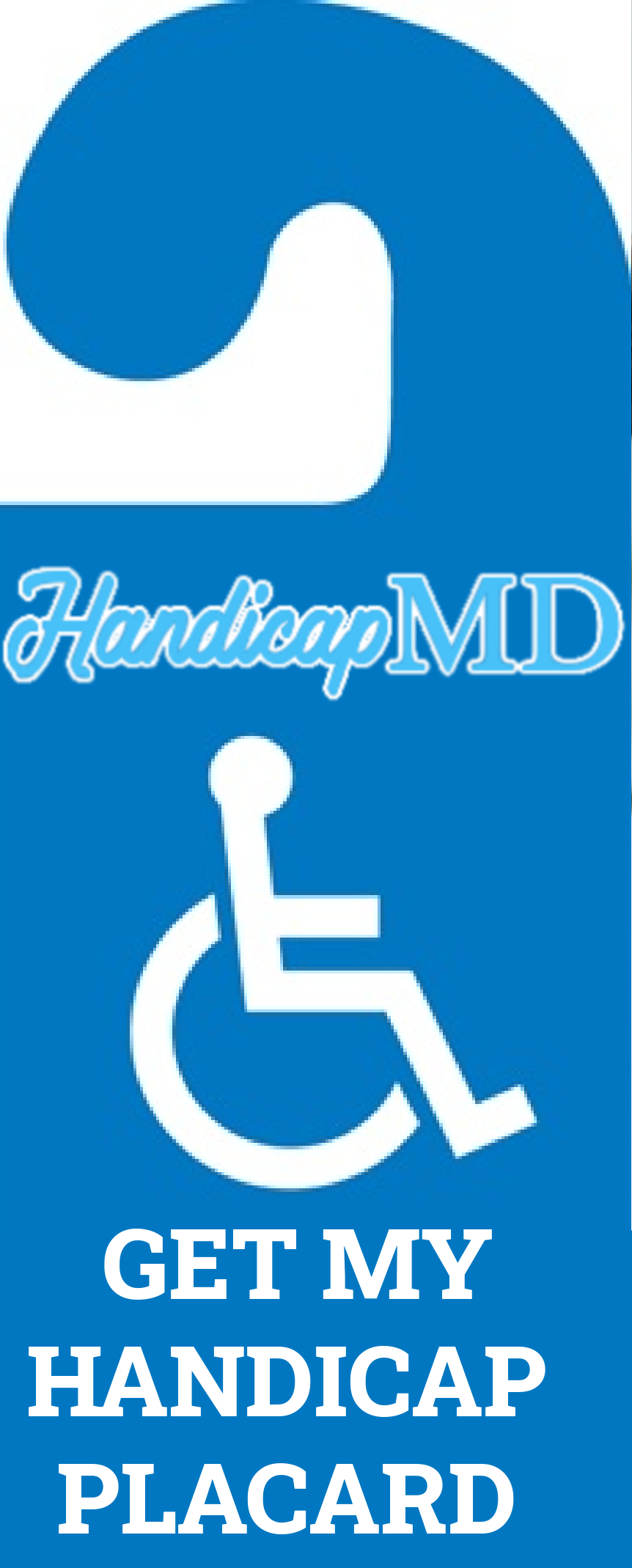
Are you wondering how to navigate handicap parking in Illinois? Whether you're a person with disabilities, a caregiver, or simply looking to understand the rules and regulations surrounding disability parking, this guide is here to help. In this comprehensive article, we will explore the ins and outs of disability parking in IL, covering topics such as permits, requirements, accessibility, and more. So, let's dive in and gain a better understanding of handicap parking in the Land of Lincoln!
Before we delve into the specifics of disability parking in IL, let's start with a clear understanding of what it entails. Disability parking, also known as accessible parking, is a designated area reserved for individuals with disabilities. These spaces are strategically located near building entrances, ensuring ease of access for those who require it. Handicap parking provides convenient and safe parking options, allowing people with disabilities to access public facilities, businesses, and other amenities.
Disability parking plays a crucial role in promoting inclusivity and equal access for individuals with disabilities. It provides them with the opportunity to participate fully in society, access essential services, and enjoy their rights as citizens. By reserving designated parking spaces, the authorities ensure that people with disabilities can park closer to their destination, reducing the physical barriers they may face.
Understanding the laws and regulations surrounding disability parking in IL is essential to avoid fines and ensure compliance. Let's explore the key laws that govern disability parking in the state.
The Illinois Disabled Persons Rehabilitation Act serves as the foundation for disability parking regulations in the state. Under this act, individuals with disabilities are granted certain rights and privileges, including accessible parking options.
To park in a disability parking space, a valid parking pass must be prominently displayed. This pass can either be a disabled person license plate or a disabled person parking placard. It is important to note that using someone else's pass or misusing a pass is a violation of the law and can result in fines.
Violating disability parking laws can lead to substantial fines and penalties. In IL, the fines for unauthorized parking in a disability space can range from $250 to $350. These penalties are in place to deter individuals from illegally occupying accessible parking spaces.
Now that we have covered the laws and regulations, let's explore the process of obtaining a handicap parking permit in Illinois. There are different types of permits available, depending on the individual's specific needs and requirements.

To obtain a parking permit in Illinois, you need to follow these steps:
Disability parking spaces are designed to ensure accessibility for individuals with disabilities. Here are some key requirements and features of accessible parking spaces in Illinois:
Yes, Illinois recognizes out-of-state disability parking passes. However, it is always advisable to check with the local authorities to ensure compliance with the specific rules and regulations of the state.
Permanent disability parking passes in Illinois are generally valid for four years. Temporary passes, on the other hand, have a shorter validity period based on the duration specified by the healthcare professional.
No, lending your parking pass to someone else is against the law. Disability parking passes are issued to individuals and are not transferable. Using someone else's pass can result in fines and penalties.
Yes, individuals with disability license plates or parking placards are often exempt from paying parking fees at metered parking spaces, parking lots, and garages. However, it is advisable to check with the local parking authorities to confirm the specific exemptions in Illinois.
Yes, you have the right to appeal a parking violation in Illinois. The process for appealing varies by jurisdiction, and you should follow the instructions provided on the citation or contact the appropriate local authorities for guidance.
Yes, you can report abuse of parking spaces to the local authorities. If you witness someone parking illegally in a disability space or misusing a disability parking pass, it is important to report it. This helps ensure that accessible parking spaces are available to those who truly need them.
Navigating handicap parking in Illinois doesn't have to be a challenge. By understanding the laws, regulations, and processes involved, you can ensure compliance and make the most of the accessible parking options available. Remember to obtain the appropriate handicap parking pass, display it correctly, and respect the needs of individuals with disabilities. Let's work together to create a more inclusive and accessible environment for all.